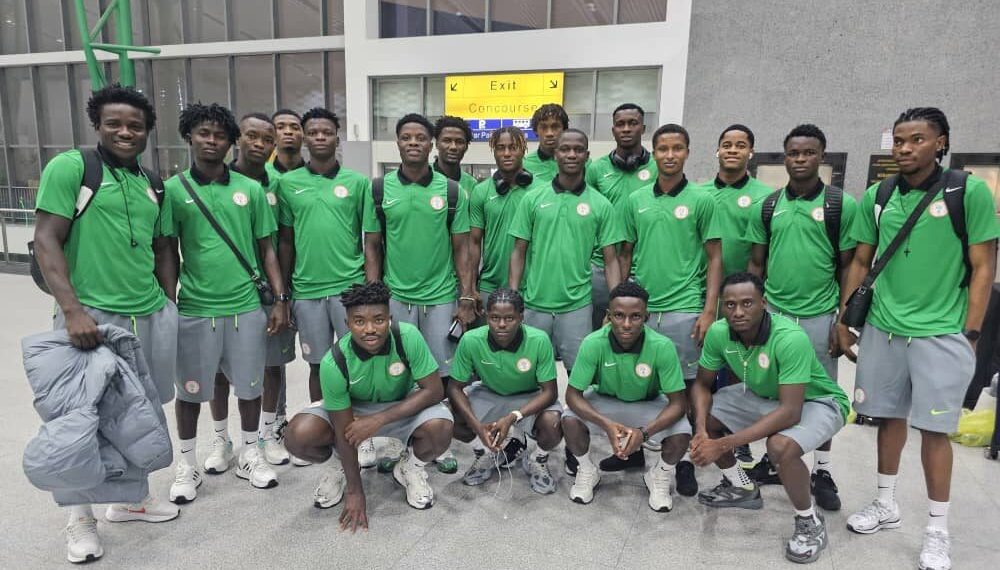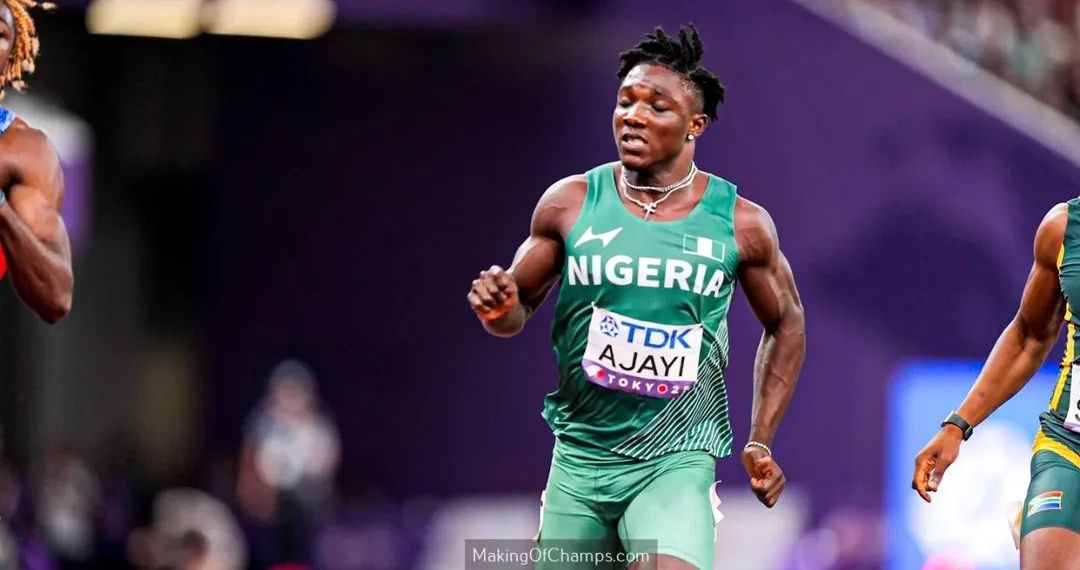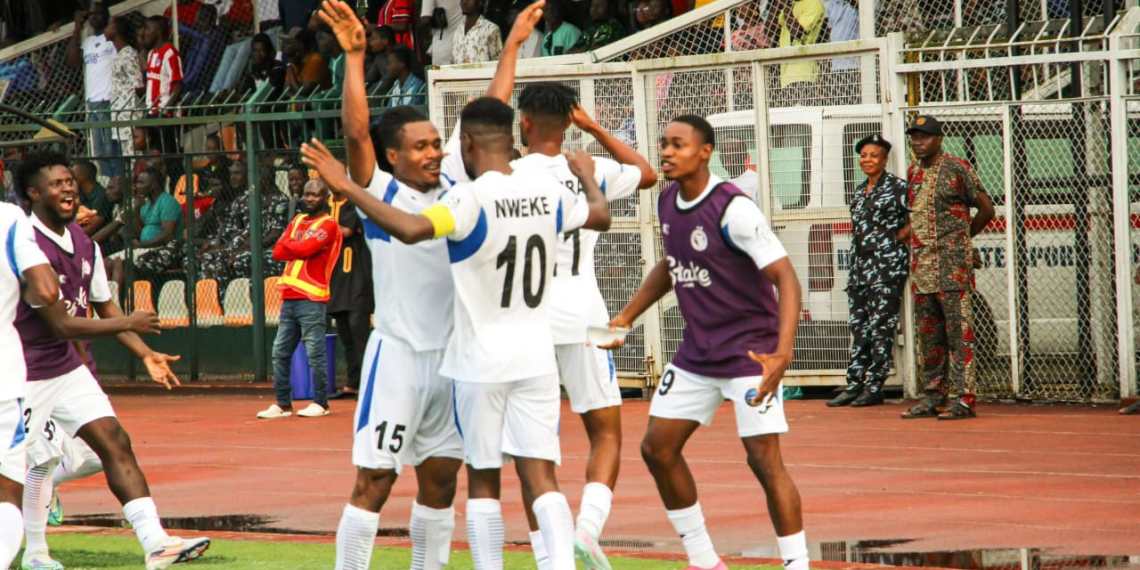As excitement builds for the 2025 FIFA U-20 World Cup, Nigeria’s Flying Eagles—the pride of many viewing centers and football-loving households across the country—are encountering significant setbacks in their quest for global glory. The recent withdrawal of several promising young players due to club restrictions has sparked conversations from Oshodi to Enugu, with fans and analysts alike weighing in on the team’s readiness for the tournament in Chile.
The Heart of the Matter: Club vs. Country
For many aspiring footballers in Africa, being selected to represent the nation is a dream come true. However, the realities of modern football, particularly the power wielded by European clubs, often complicate this journey. The 2025 U-20 World Cup falls outside FIFA’s official calendar, meaning clubs are under no obligation to release their players for national duty.
This clause has left the Flying Eagles shorthanded, with French Ligue 1 side Stade Reims and Germany’s Hoffenheim refusing to release their Nigerian prospects for the showpiece event. Fans on social media have voiced their disappointment, with many citing the need for reforms that better balance club interests and international development.
Key Players Missing: A Blow to Preparations
Among the notable absentees are Hoffenheim duo Emmanuel Chukwu and Precious Benjamin, both regarded as future stars for the national team. Their omission follows the club’s formal denial of the Nigeria Football Federation (NFF) request, citing their need for the players in domestic campaigns.
Similarly, Ibrahim Hafiz, a talented striker with Stade Reims, will not be donning the national colours in Chile this time. All three players were highlighted by NFF talent scouts as genuine game-changers for the Flying Eagles, raising concerns about depth and attacking options.
“Clubs in Europe invest a lot in developing these players. Unless the tournament is mandated by FIFA, it’s not surprising they’re keeping them back,” explained Fisayo Dairo, a Lagos-based football analyst, in conversation with Nowahalazone. Yet, he added, “For Nigeria, it means less exposure for our stars and more work for the coaching staff.”
Coach Zubairu’s Strategy: Regrouping Against the Odds
Faced with these realities, head coach Aliyu Zubairu has been forced to rethink his tournament plans. Zubairu recently announced a trimmed 21-man squad, largely comprising home-based players and emerging talent from recent training camps and friendly fixtures. This move has drawn both praise and criticism, with some observers applauding his commitment to nurturing domestic talent, while others question the competitive edge of a squad missing key overseas-based players.
Some familiar faces from the recent West African Football Union (WAFU) B qualifiers in Togo—including Enyimba’s Clinton Jephta, Bidemi Amole, and Divine Oliseh—were left out of the final selection. Instead, the squad features fresh names like Israel Ayuma, Ebenezer Harcourt, Charles Agada, Auwal Ibrahim, Kparobo Arierhi, Tahir Maigana, and Odinaka Okoro, all eager to prove themselves on the grand stage.
Leadership and Injury Concerns
The team’s captain, Daniel Bameyi, will take the helm, offering much-needed experience and composure. More than half of the current roster have already dealt with the intensity of top training sessions and friendlies, giving hope to fans that rapid team bonding will pay off.
On the injury front, regular fullback Adamu Maigari has been ruled out with a knee issue—a further setback for a squad already navigating roster disruptions. While such challenges raise questions about defensive stability, coaching staff remain optimistic about their young replacements.
Journey to Chile: A Nation’s Hope in Transit
On Sunday night, the Flying Eagles departed Abuja, setting off for Istanbul en route to Santiago, Chile. There’s cautious optimism that Norway-based midfielder Daniel Daga, whose release has reportedly been finalized, will join the team before their opening Group Stage match.
Nigeria’s U-20 side will face tough competition from leading football nations when the tournament gets underway later this month. The opening kickoff is set for 27 September, with the final to be contested on 20 October.
Past Glory and the Unfinished Quest
For many Nigerian fans, the Flying Eagles’ pedigree at youth tournaments is a source of pride and emotional investment. The team came agonizingly close to world titles twice—in 1989 (Saudi Arabia) and 2005 (Netherlands)—but fell at the final hurdle. Ever since, there’s been a strong desire to see Nigeria’s youth break the jinx and finally lift the trophy.
The most recent disappointment came in Argentina 2023, where the Eagles bowed out in the quarter-finals after a dramatic contest against the Republic. Observers note that while Nigeria consistently reaches the latter stages of youth tournaments, converting silverware remains elusive.
West African and African Impact: More Than Just a Game
Beyond the national context, the performance of Nigeria’s youth teams carries deep significance for West Africa and the African continent more broadly. Success at this level helps push back against stereotypes, opens doors for young players seeking international contracts, and inspires future generations.
“These tournaments are about more than football—they’re about hope and identity for millions of young Africans,” said Samuel Mensah, a Ghanaian sports journalist. “Nigeria’s Flying Eagles embody that spirit, so when key players are held back, it’s not just a Nigerian loss. It’s a missed chance for the whole region to shine.”
The Road Ahead: Can Nigeria Overcome the Odds?
Despite the setbacks, expectations remain high for the current squad. With new faces blending with experienced heads, the Flying Eagles have an opportunity to carve out a unique legacy—one rooted in resilience, adaptability, and the enduring support of their fans.
- Fans in Nigeria and across West Africa are encouraged to rally behind the team, both online and in viewing centres.
- Local coaches see the tournament as a test case for grassroots talent development, especially in the absence of Europe-based stars.
- Sports pundits suggest that the adversity could strengthen the squad’s unity and hunger for success.
As Nigeria prepares for another shot at the elusive U-20 World Cup title, supporters are hopeful that the Flying Eagles will rise above the odds and bring the trophy home for the first time. After all, adversity has never stopped Nigerian football from making a statement on the world stage.
Join the Conversation
What do you think about the Flying Eagles’ chances at the U-20 World Cup this year? Can homegrown talent deliver where others have fallen short? Share your thoughts below and follow us for more updates throughout the tournament!
Do you have an exclusive sports story, opinion, or insight to share? We’re looking for contributions from real fans, athletes, and local experts! Get your story published or discuss story sales by emailing us at story@nowahalazone.com.
Have general football tips, matchday photos, or thoughts on the Flying Eagles’ chances? Reach out via support@nowahalazone.com, and let your voice be heard on West Africa’s fastest-growing sports platform.
Stay ahead with all breaking updates and live reactions! Follow us now on
Facebook,
X (Twitter), and
Instagram.
Your opinion matters. Drop a comment, tag us at your next viewing party, and let’s celebrate the passion of West African football together!










